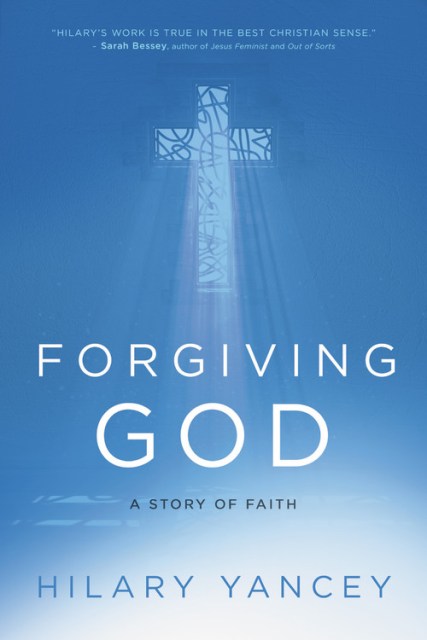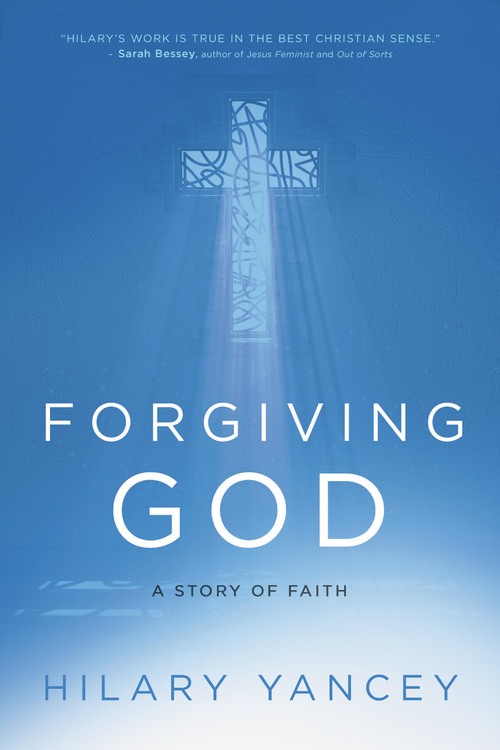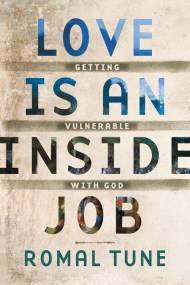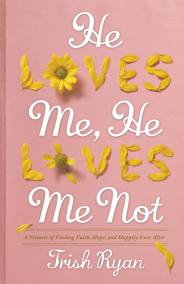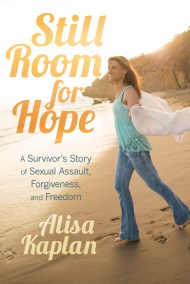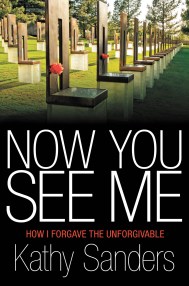By clicking “Accept,” you agree to the use of cookies and similar technologies on your device as set forth in our Cookie Policy and our Privacy Policy. Please note that certain cookies are essential for this website to function properly and do not require user consent to be deployed.
Forgiving God
A Story of Faith
Contributors
Formats and Prices
- On Sale
- Apr 3, 2018
- Page Count
- 224 pages
- Publisher
- FaithWords
- ISBN-13
- 9781546032991
Price
$22.00Price
$29.00 CADFormat
Format:
- Hardcover $22.00 $29.00 CAD
- ebook $12.99 $16.99 CAD
- Audiobook Download (Unabridged)
This item is a preorder. Your payment method will be charged immediately, and the product is expected to ship on or around April 3, 2018. This date is subject to change due to shipping delays beyond our control.
Buy from Other Retailers:
Three months into her pregnancy with her first child, Hilary Yancey received a phone call that changed everything. As she learned the diagnosis-cleft lip and palate, a missing right eye, possible breathing complications-Hilary began to pray in earnest. Even in the midst of these findings, she prayed that God would heal her son. God could do a miracle unlike anything she had seen. Only when Hilary held her baby, Jack, in her arms for the first time did she realize God had given her something drastically different than what she had demanded.
Hilary struggled to talk to God as she sat for six weeks beside Jack’s crib in the NICU. She consented to surgeries and learned to care for a breathing tube and gastronomy button. In her experience with motherhood Hilary had become more familiar with the sound of her son’s heart monitor than the sound of his heartbeat. Later, during surgeries and emergency trips back to the hospital with her crying, breathless boy, Hilary reproached the stranger God had become.
Jack was different. Hilary was not the mother she once imagined. God was not who Hilary knew before. But she could not let go of one certainty-she could see the image of Christ in Jack’s face. Slowly, through long nights of wrestling and longer nights of silence, Hilary cut a path through her old, familiar faith to the God behind it. She discovered that it is by walking out onto the water, where the firm ground gives way, that we can find him. And meeting Jesus, who rises with his scars to proclaim new life, is never what you once imagined.
-
"Hilary's work is true in the best Christian sense: she brings order out of chaos, finds beauty out of brokenness, participates in redemption out of sorrow, and practices resurrection in the very places of death. Her writing has an inexplicable loveliness to each word, like we're all homesick for what she glimpsed."Sarah Bessey, author of Jesus Feminist and Out of Sorts: Making Peace with an Evolving Faith
-
Hilary is one of my favorite writers. Period. Because she's not afraid of what her writing will uncover. She's not afraid to look doubt and question marks and God in the eye. And then she's not afraid to tell us exactly what she found. Open this book and let her show you. I promise it will change you too.Lisa-Jo Baker, author of Never Unfriended and Surprised by Motherhood
-
"Hilary Yancey's writing is fraught with humanity and divinity, both. Her words are full of the... beautiful infusion of wisdom that happens when life does what it does."Amber C. Haines, author of Wild in the Hollow
-
"With poetry and insight, authenticity and vulnerability, Hilary explores the hidden work of making space. Space for the stories we never thought would be ours. Space for the people who become ours to love. Space for the Grace of God, that so often lies hidden under it all."Addie Zimmerman, author of When We Were on Fire and Night Driving
-
I love learning from Hilary as I read how she models, day in and out, the life of a parent who sees like Jesus. There's not a thing she writes that doesn't have a turn of phrase that catches in my throat, such a gifted writer she is. The melding of these two things-her way with words and her way as a parent-means this book is a much-needed gift to every one of us.Tsh Oxenreider, author of At Home in the World: Reflections on Belonging While Wandering the Globe
Newsletter Signup
By clicking ‘Sign Up,’ I acknowledge that I have read and agree to Hachette Book Group’s Privacy Policy and Terms of Use
